Although the eSIMs on the iPhone XS and XS Max aren't supposed to be functional until later this year, some people with the latest iOS 12.1 beta are already getting access, at least in Germany.
The technology is working for some people choosing Deutsche Telekom as their second carrier, notes iphone-ticker.de. The carrier is reportedly telling people that they can't convert their primary SIMs to eSIM.
It's possible that the technology is also working with other carriers and in other countries, but there's no word on this so far. Support has to be actively enabled by carriers, so Apple taking the functionality live in the iOS 12.1 beta is only part of the activation.
The first 12.1 betas for the XS and XS Max were issued on Friday, following earlier seeds for other iPhones. It's not known when the finished version of iOS 12.1 will become available, but the update will also include a feature originally meant to launch with iOS 12, Group FaceTime.
At the moment Germany is one of just 10 countries that supports Apple's eSIM technology. The others include Austria, Canada, Croatia, the Czech Republic, Hungary, India, Spain, the U.K., and the U.S. Dual-SIM support will also be available in China, but only through localized models that replace the eSIM with a slot for a second physical SIM.
It should be possible to configure an eSIM for a primary phone plan, so it's not clear why Deutsche Telekom would impose restrictions.
 Roger Fingas
Roger Fingas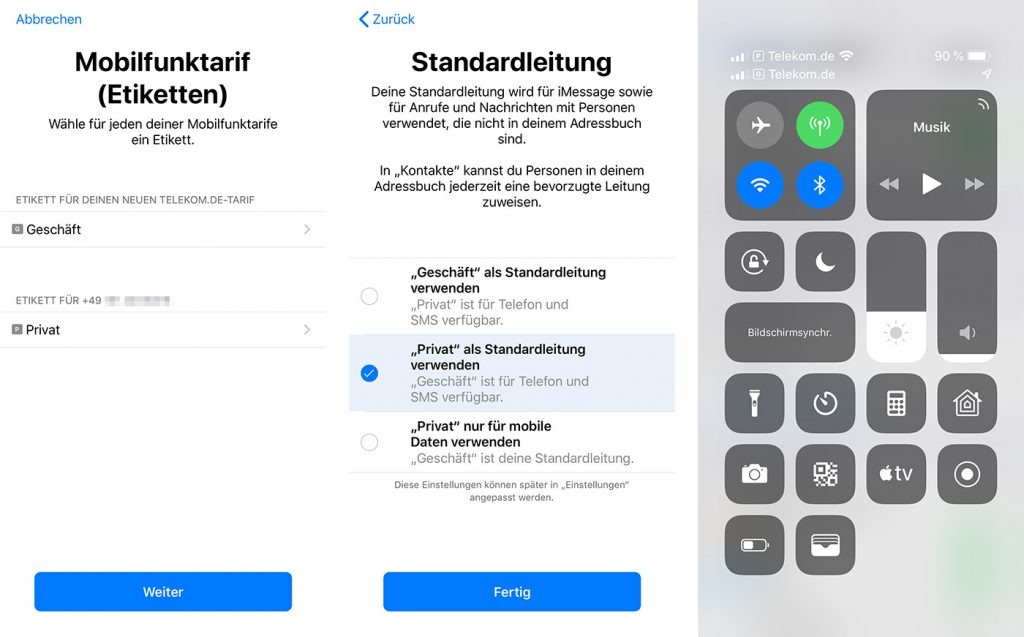

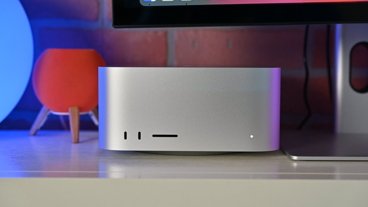
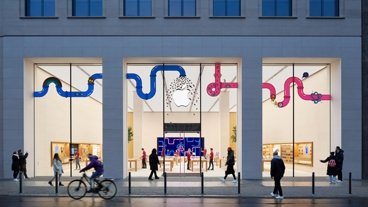
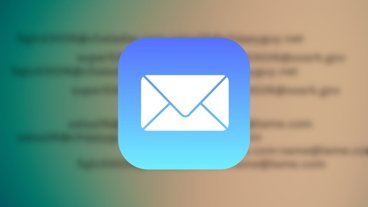


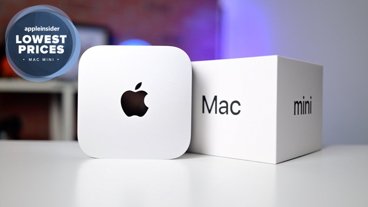

 Mike Wuerthele
Mike Wuerthele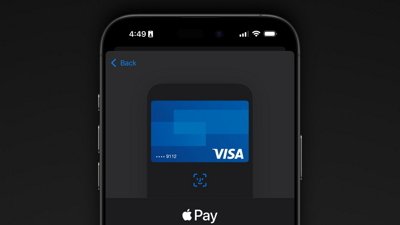
 Marko Zivkovic
Marko Zivkovic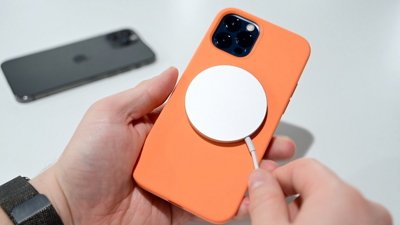
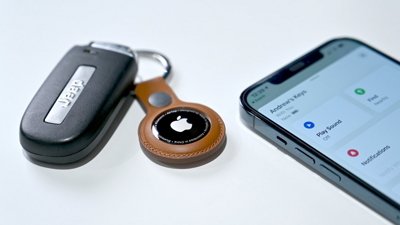
 Malcolm Owen
Malcolm Owen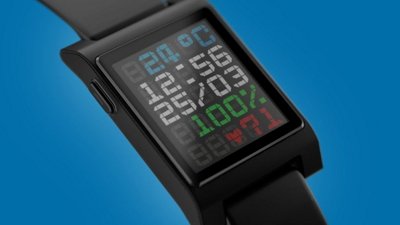
 Andrew Orr
Andrew Orr
 Amber Neely
Amber Neely
 Christine McKee
Christine McKee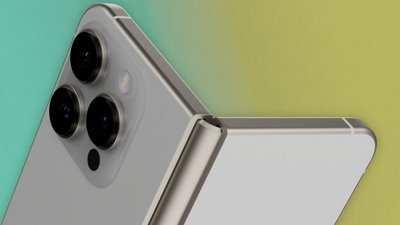
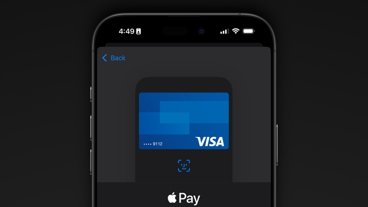
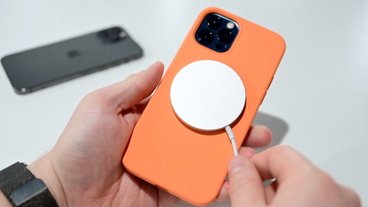




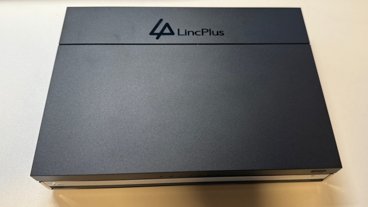



8 Comments
Has anyone tried eSIM with Verizon yet? That's a major reason for me to get a new iPhone because I'm floating between countries right now ... and of course none of the providers outside of the US support eSIM.
No United States carrier supports esim. It’s not turned on yet ! Is it enabled In the beta?
ive been preordering and buying iPhones for years now and it’s obvious to me that Apple can not enable the esim for 30 to 90 calendar days of the iPhone launch because the carriers won’t alllow it. Whenever an iPhone comes out you have to wait 30 to 90 or so calendar days for the sim free to come out, and this time the sim free was out on day one. That’s why I’m thinking there’s a delay on the esim
the unlocked iPhone or Verizon model is not the same as the sim free, because the carriers will tell you that your iPhone is not compatible. I think it was the iPhone 7 that took a whole year for AT&T to finally agree to accept your imei , because they were only accepting band 30 models
In my opinion it’s the carrier exclusivity period after a iPhone launch that stopped the esim from being enabled.
i will go so far as saying that apple can’t activate the esim until November 30
Isn't eSIM currently being utilized by all US carriers to support Apple Watch LTE models?
While ESIM is sold to consumers as a tool to bring down prices and increasing competition by making it easier to switch plans and carriers, the opposite is true:
1) carriers are in control which plans they offer for which devices
2) Apple (and other manufacturers) can extort a fee from carriers to enable their ESIM offerings on their devices.
Here’s an example: while Google’s Project Fi is intended only for a small set of Android phones, it works just fine, if you activate the SIM in a supported (borrowed) Android phone, and then move the SIM to an iPhone and manually update the APN, etc. settings.
Google also offers an ESIM for Project Fi, but only on their special Pixel phones.
It would require cooperation between both Apple and Google to make Project Fi available on ESIM, it requires zero cooperation, and is possible, despite what seems outright opposition, to get Project Fi on an iPhone using traditional SIM.
Apple, by pushing ESIM and not making the Chinese dual-physical-SIM model available here, forces consumers to do their bidding to gain more power, while empowering carriers to restrict choices in the future.
Once ESIM is established, carriers will have the power to offer only device-specific plans, and device manufacturers will have the power to get money from carriers for offering access to E-SIM offerings.
If anyone thinks that this will lead to lower prices, they’re still quite naive.